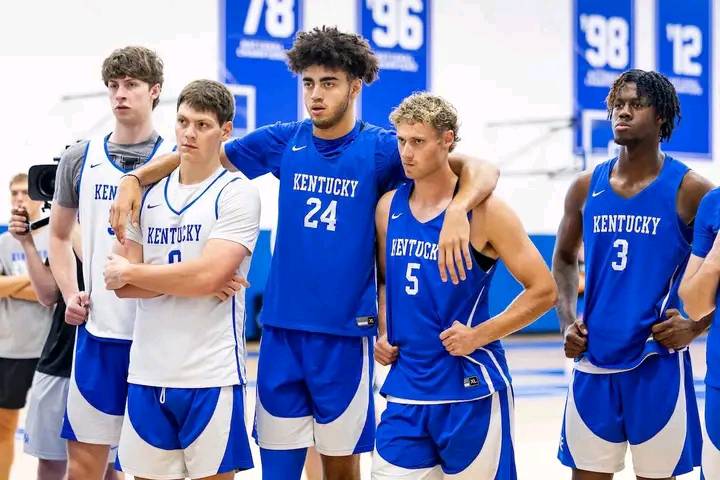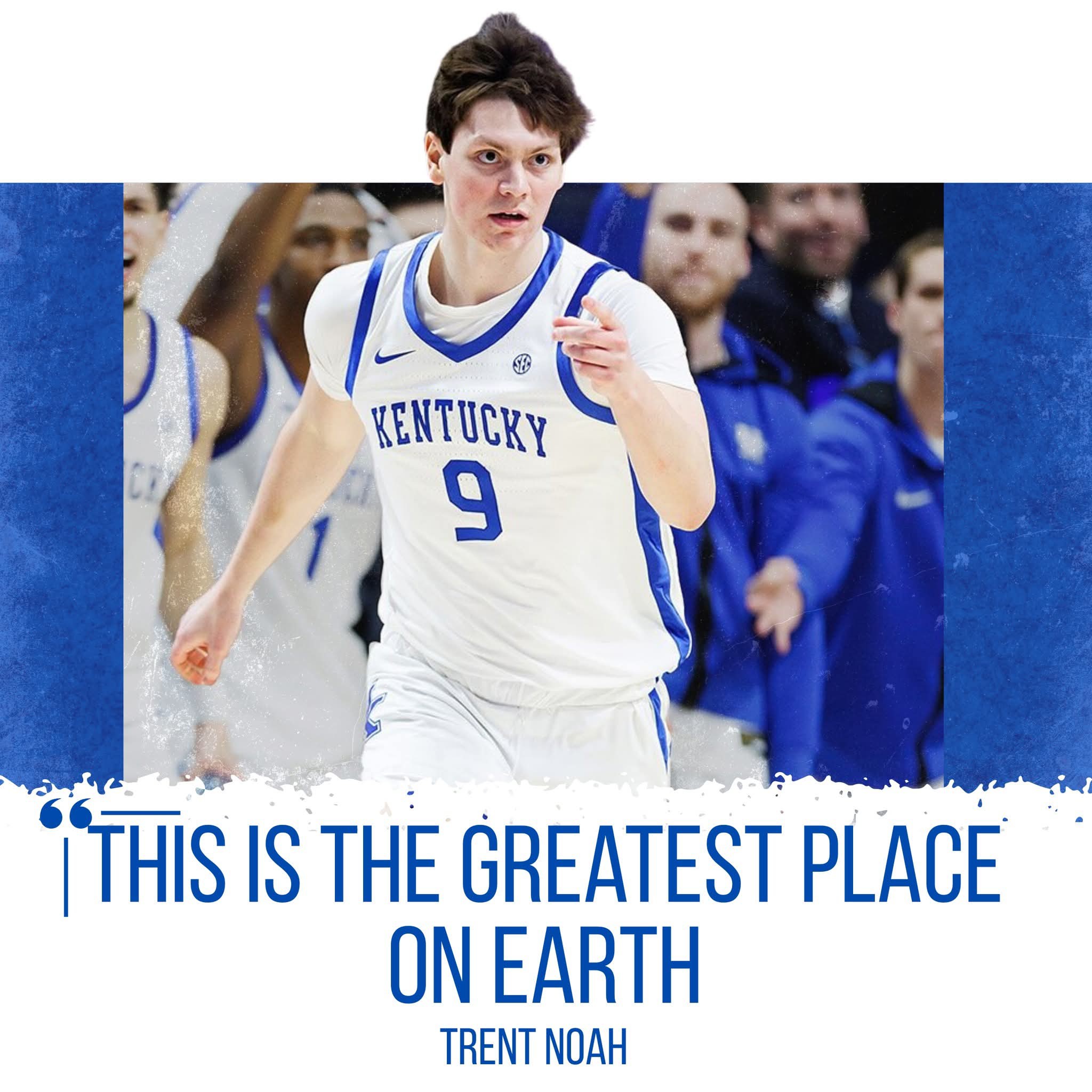Caleb Williams Shows Signs of Frustration Amid Growing Pains in Chicago as Pressure Mounts in Training Camp Struggles
Caleb Williams, the highly-touted No. 1 overall pick in the 2025 NFL Draft, entered training camp with the Chicago Bears carrying the hopes of an entire franchise and the expectations of a city desperate for a quarterback savior. Heralded as a generational talent with elite arm strength, mobility, and off-script creativity, Williams arrived in Chicago with hype and optimism unlike anything the team had seen in years. But with great expectations comes immense pressure, and the early days of training camp have offered a sobering glimpse into just how steep the transition from college football superstar to NFL quarterback can be.
During a recent training camp session, Williams found himself in an all-too-familiar and uncomfortable position: flushed out of the pocket, unable to find his rhythm, and visibly frustrated as defenders closed in. He hesitated, scanned the field, and tried to lock onto a receiver downfield—but the window disappeared before he could deliver. His body language said what his lips didn’t—he was feeling it. The pressure, both figurative and literal, is mounting.
Observers noted that Williams’ struggles weren’t isolated to a single play. Throughout the day, the rookie quarterback looked out of sync with his wideouts, missed timing routes, and faced an aggressive Bears defense determined to test his mettle. While training camp is meant to be a learning environment—and growing pains are normal for even the most talented rookies—the tension around Williams’ performance was palpable.
Part of what’s making this transition so challenging is that Williams is not just stepping into any team—he’s stepping into a Bears franchise with a long and troubled history at the quarterback position. For decades, Chicago has cycled through signal-callers, never quite finding “the one.” Williams, with his Heisman pedigree and dazzling USC tape, was supposed to change all of that. But even generational talents require time, support, and structure to thrive.
The play that drew the most attention during camp started with Williams taking the snap from the shotgun formation. The protection broke down quickly, and within seconds, he was scrambling. Rather than resetting and making a quick read, he appeared indecisive, double-pumping while eyeing a tightly covered target. By the time he made a move to release, the pocket had collapsed. He tucked the ball and scrambled for a minimal gain, slamming the ball into the turf once the whistle blew. The moment was raw and unfiltered. A quarterback used to making the extraordinary look routine was, for once, overwhelmed.
Coaches and teammates have tried to ease the pressure. Head coach Matt Eberflus has repeatedly emphasized patience and long-term growth. Offensive coordinator Shane Waldron has made it clear that the team is gradually expanding the playbook to match Williams’ strengths. Veteran wide receiver DJ Moore, who has taken on a leadership role in the locker room, has publicly backed Williams, reminding critics that “he’s learning, and we’ve got his back.”
But the scrutiny isn’t going away. Every throw Williams makes is dissected. Every mistake becomes a talking point. The Chicago media market is relentless, and fans—long starved of competent quarterback play—are simultaneously hopeful and impatient. The team’s offseason moves, including bolstering the offensive line and adding talent at receiver, were made with Williams in mind. The organization is built around him now. But for it all to work, he must progress.
It’s important to remember that Williams is navigating a massive leap. At USC, he thrived in a quarterback-friendly system where he was often the most athletic player on the field. He had time to create, receivers who routinely gained separation, and a coaching staff that gave him the green light to improvise. The NFL, however, is faster, more complex, and less forgiving. Defensive backs are smarter. Pass rushers close the gap in seconds. And the margin for error is razor-thin.
What Williams is experiencing isn’t failure—it’s development. Every great quarterback has gone through it. Peyton Manning threw 28 interceptions his rookie season. Josh Allen was labeled a bust in his first year. Even Patrick Mahomes, now the gold standard, sat for almost an entire season before making his debut. The learning curve is steep, but it’s also necessary.
The Bears, for their part, seem committed to keeping Williams grounded. They’ve implemented incremental goals for him in camp: mastering the playbook terminology, building chemistry with the receivers, handling blitzes, and improving pre-snap reads. They know that his success won’t come from flash plays alone—it will be built through repetition, decision-making, and resilience.
Williams’ frustration, in some ways, is a positive sign. It shows that he cares deeply about his craft. He expects excellence from himself. He’s not satisfied with “just being a rookie.” That mindset, combined with his raw talent, is what made him such a coveted prospect. But he’ll need to channel that frustration constructively. In the NFL, emotional control is as important as arm strength. Learning to navigate adversity—especially when you’re the face of a franchise—is part of the job description.
Off the field, Williams has continued to show maturity. He’s been seen staying after practice to throw extra reps. He’s actively engaging in film sessions and asking questions. Veteran players have praised his willingness to listen and learn. He’s also started to emerge as a vocal presence in the huddle, working to command the respect of his teammates despite his age and inexperience.
Still, questions linger. Will the Bears’ offensive line hold up enough to allow Williams to settle into a rhythm? Can the coaching staff design a system that highlights his strengths while simplifying reads? Will the fan base remain patient if early regular season performances resemble the growing pains seen in camp?
The truth is, the Caleb Williams era is only just beginning. Training camp struggles don’t predict future failure any more than dominant preseason performances guarantee success. What matters now is how he responds—how he processes the mistakes, how he absorbs coaching, and how he continues to build trust with his teammates.
For now, Williams must tune out the noise. He must learn to live with the expectations while refusing to be defined by them. The journey from rookie to franchise cornerstone is rarely linear. There will be bumps, setbacks, and frustrating days. But if his college career is any indication, Williams has the talent and the drive to figure it out.
The Bears, too, must stay the course. Rushing development or panicking over a rocky training camp session would be counterproductive. They’ve waited too long for a true quarterback solution. Now that they have one with this much upside, their job is to nurture it—not stifle it with impatience or overreaction.
As for Williams, the key will be learning that he doesn’t have to be a hero on every snap. Sometimes the smartest play is the checkdown. Sometimes it’s throwing the ball away. Greatness in the NFL isn’t about highlight-reel throws—it’s about consistency, command, and the ability to elevate those around you.
So yes, Caleb Williams is feeling the pressure. Yes, he’s frustrated. But that’s okay. Because greatness doesn’t come easy. And the journey to becoming Chicago’s franchise quarterback is just beginning.



